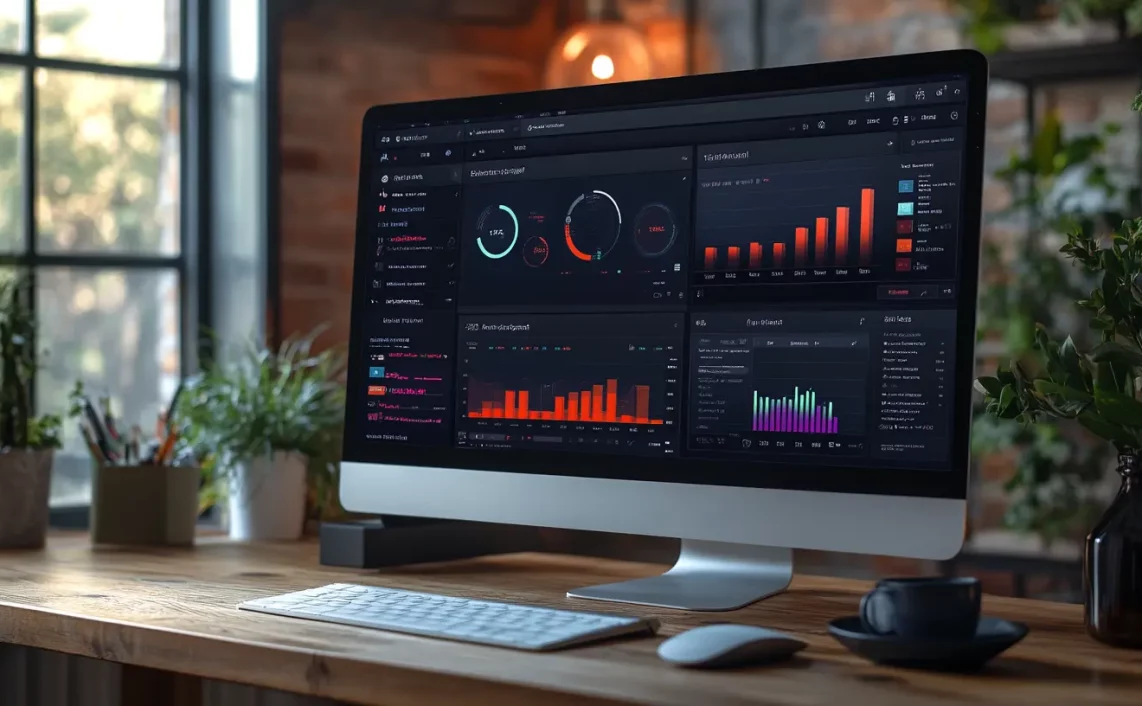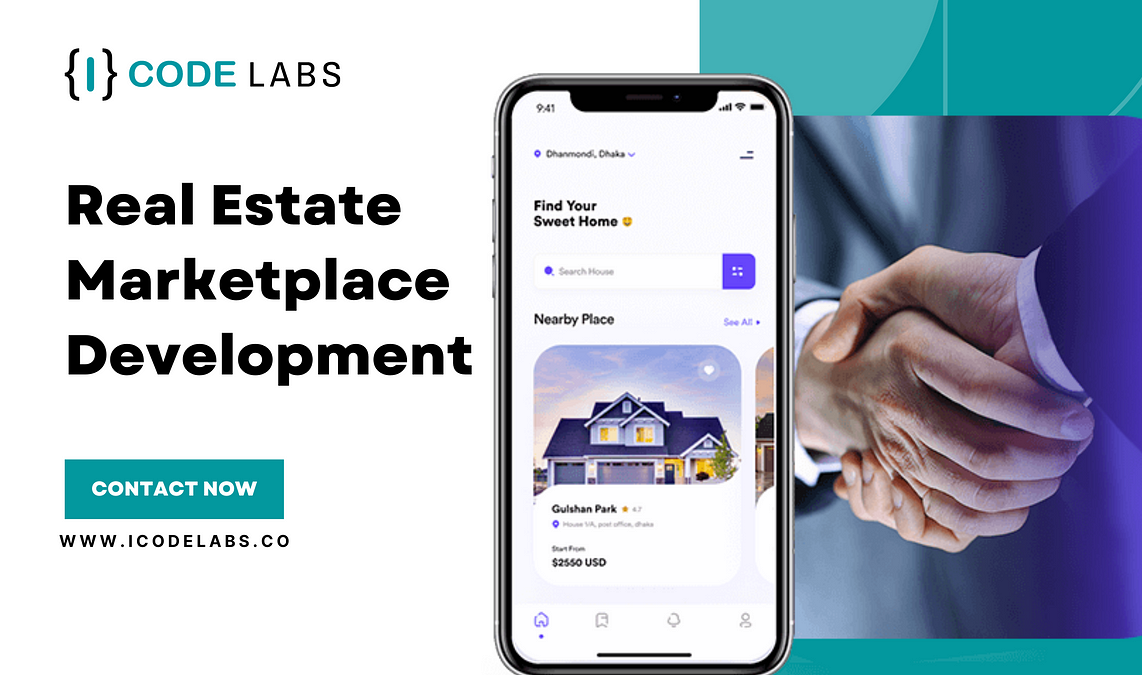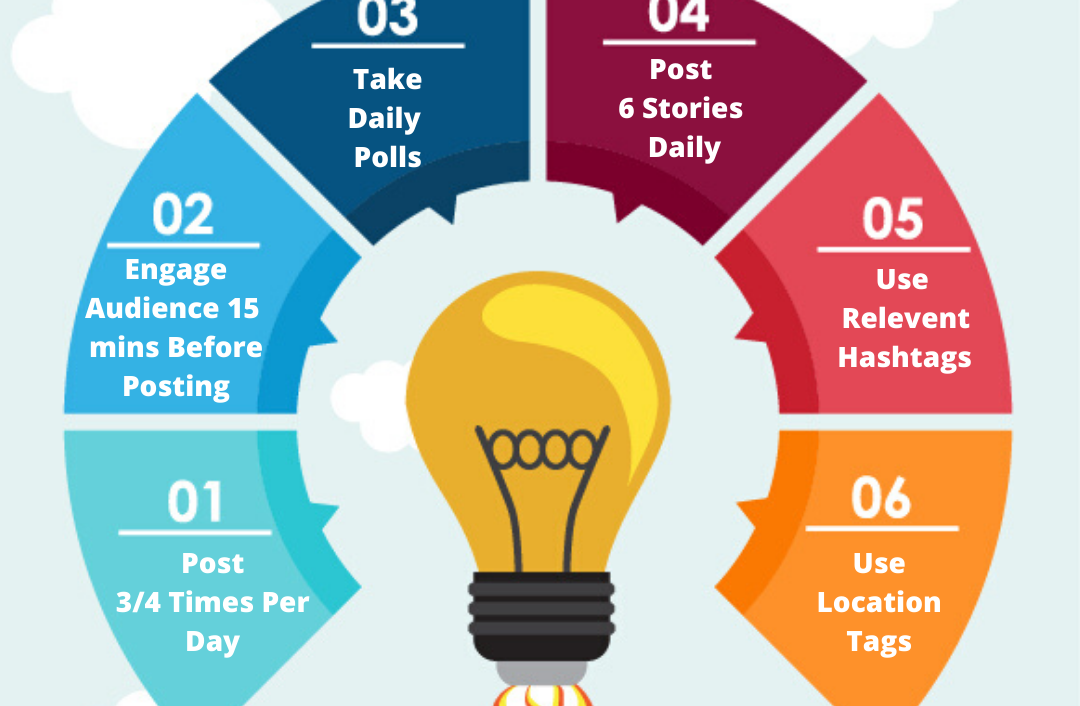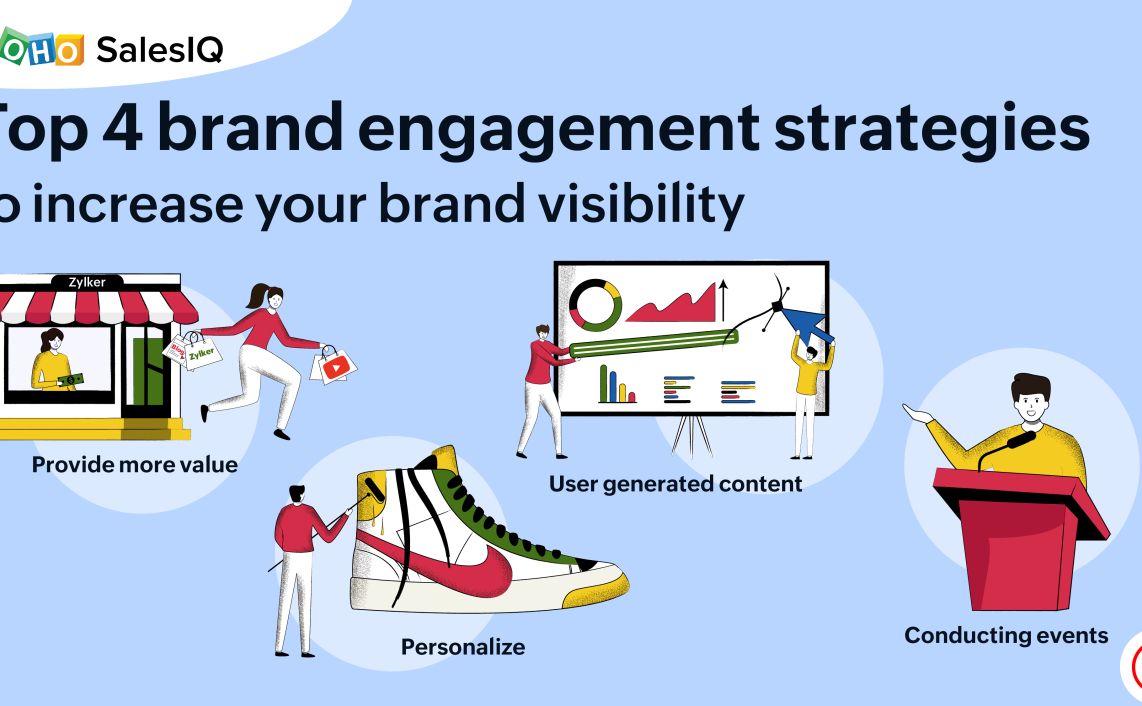Marketing Luxury In The Digital World: Strategies For High-end Brands

In today’s digital age, luxury brands face the unique challenge of maintaining their exclusivity and prestige while leveraging the power of the internet to reach a wider audience. To succeed in this environment, high-end brands must adopt innovative marketing strategies that cater to the discerning tastes of their target consumers.
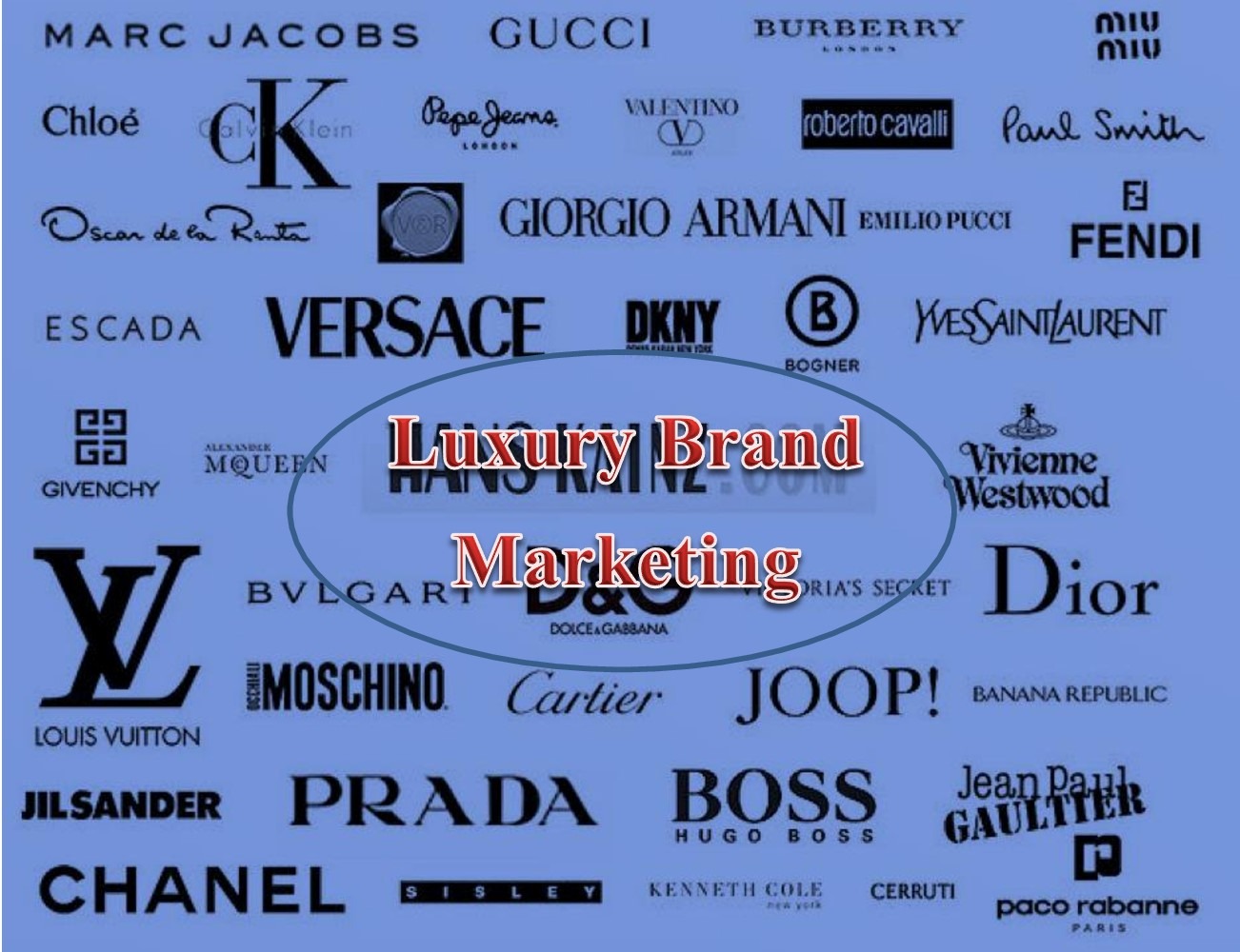
1. Create a Seamless Omnichannel Experience:
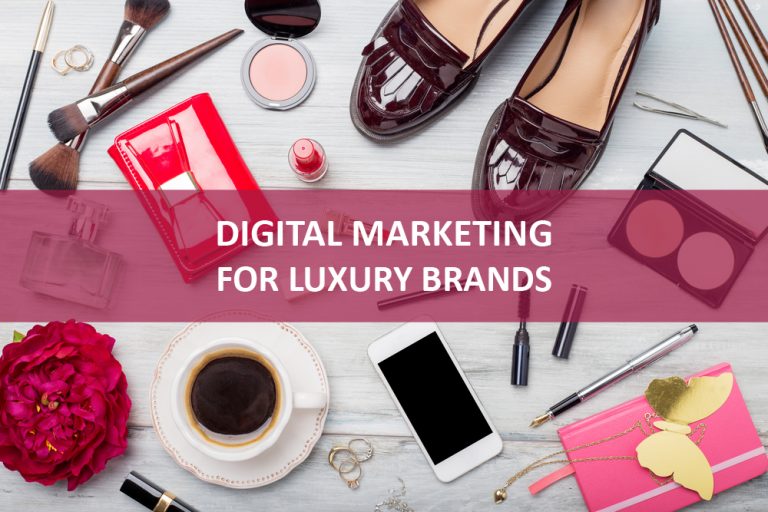
Luxury consumers expect a seamless and consistent experience across all touchpoints, from online to offline. Brands must integrate their digital and physical channels to provide a cohesive brand story. This includes creating a user-friendly website, optimizing social media presence, and offering personalized in-store experiences that complement the online journey.
2. Leverage Influencer Marketing:
Influencer marketing is a powerful tool for luxury brands to reach a highly engaged audience. By partnering with influential individuals in their target market, brands can tap into their credibility and establish trust with potential customers. These influencers can showcase products, share their experiences, and generate buzz around the brand.
3. Implement Content Marketing:
High-quality content is essential for educating and engaging luxury consumers. Brands should focus on creating valuable content that showcases their craftsmanship, history, and heritage. This content can take the form of blog posts, articles, videos, and social media posts that provide insights and inspiration to their audience.
4. Focus on Personalization:
Luxury consumers value personalization and exclusivity. Brands must tailor their marketing efforts to the individual preferences and aspirations of each customer. This can be achieved through personalized email campaigns, tailored product recommendations, and exclusive events.
5. Embrace Digital Storytelling:
Digital storytelling allows luxury brands to connect with their customers on an emotional level. Through compelling narratives and captivating visuals, brands can convey their values, heritage, and the uniqueness of their products. This storytelling can be integrated into website content, social media campaigns, and even immersive video experiences.
6. Prioritize Mobile Marketing:
With the increasing use of smartphones, it is crucial for luxury brands to prioritize mobile marketing. Brands should optimize their websites for mobile devices, develop mobile applications, and leverage mobile advertising to reach their target audience on a highly personal level.
7. Embrace Digital Innovation:
Luxury brands must embrace digital innovation to stand out in the competitive digital landscape. This includes exploring emerging technologies such as augmented reality, virtual reality, and artificial intelligence to enhance the customer experience. These technologies can be used to create immersive product demonstrations, offer personalized recommendations, and even allow customers to virtually try on products.
By adopting these strategies, high-end brands can effectively market their luxury products in the digital world while preserving their exclusivity and prestige. It is essential to understand the changing consumer behavior and leverage the power of technology to create compelling and personalized experiences that resonate with their affluent and discerning clientele.## Marketing Luxury In The Digital World: Strategies For High-end Brands
Executive Summary
The luxury market is undergoing a significant transformation, with digital technologies playing an increasingly important role in how high-end brands connect with their customers. In this article, we will explore the key strategies that luxury brands can use to effectively market themselves in the digital world.
Introduction
The digital landscape is constantly evolving, and luxury brands need to adapt their marketing strategies to keep pace. By understanding the changing consumer behavior and leveraging the latest digital technologies, luxury brands can create immersive and personalized experiences that connect with their target audience and drive sales.
Top 5 Subtopics
1. Content Marketing
Content marketing is a powerful way for luxury brands to establish themselves as thought leaders and provide valuable information to their target audience. By creating high-quality content that is relevant, engaging, and visually appealing, luxury brands can capture the attention of potential customers and build strong relationships.
- Create exclusive content: Develop in-depth articles, white papers, and case studies that provide unique insights into the luxury industry and your brand’s offerings.
- Leverage storytelling: Use storytelling to evoke emotions and create a connection with your audience. Share inspiring stories about your brand’s history, craftsmanship, and commitment to quality.
- Personalize content: Tailor your content to the interests and preferences of your target audience. Use data and analytics to understand their demographics, buying habits, and online behavior.
- Optimize for search: Ensure that your content is easily discoverable by optimizing it for relevant keywords and phrases. Use search engine optimization (SEO) techniques to improve your website’s ranking in search results.
- Distribute content across multiple channels: Publish your content on your website, social media platforms, and other relevant channels to reach a wider audience.
2. Social Media Marketing
Social media platforms offer a unique opportunity for luxury brands to engage with their customers, build communities, and drive sales. By creating a strong social media presence, luxury brands can connect with their target audience on a personal level and build lasting relationships.
- Establish a strong brand voice: Define your brand’s tone, style, and personality on social media. Use consistent messaging and visuals to create a recognizable and engaging brand identity.
- Use high-quality visuals: Luxury brands should use visually appealing images and videos to showcase their products and create an aspirational lifestyle. Use professional photography and videography to capture the beauty and exclusivity of your offerings.
- Engage with your audience: Respond to comments, answer questions, and run contests to foster engagement with your followers. Leverage social listening tools to track brand mentions and customer sentiment.
- Run targeted advertising campaigns: Use social media advertising to reach specific target audiences based on their demographics, interests, and behavior. Use eye-catching visuals and compelling copy to drive conversions.
- Collaborate with influencers: Partner with influential individuals who align with your brand’s values and aesthetic. Leverage their reach and credibility to generate brand awareness and drive sales.
3. Influencer Marketing
Influencer marketing is a highly effective way for luxury brands to connect with their target audience and build credibility. By partnering with influential individuals who have a strong following and a genuine interest in your brand, you can leverage their credibility and reach to generate buzz and drive sales.
- Identify the right influencers: Choose influencers who align with your brand’s values, aesthetic, and target audience. Consider their reach, audience demographics, and engagement rates.
- Establish clear campaign goals: Define what you want to achieve with your influencer marketing campaign, whether it’s generating brand awareness, driving sales, or building relationships.
- Develop creative and engaging content: Collaborate with influencers to create content that is relevant to their audience and showcases your brand in a positive light. Use high-quality visuals, storytelling, and exclusive offers.
- Track and measure your results: Use analytics tools to track the performance of your influencer marketing campaigns. Measure metrics such as reach, engagement, and conversion rates to evaluate the effectiveness of your collaborations.
- Foster long-term relationships: Build genuine relationships with influencers and treat them as valued partners. Provide them with exclusive access, invite them to brand events, and offer ongoing support to maintain a mutually beneficial partnership.
4. E-commerce Optimization
E-commerce is becoming increasingly important for luxury brands as consumers embrace the convenience of online shopping. By optimizing your e-commerce presence, you can provide a seamless and secure shopping experience for your customers and drive online sales growth.
- Create a user-friendly website: Design a website that is visually appealing, easy to navigate, and optimized for all devices. Use high-quality images and detailed product descriptions to provide customers with a clear and comprehensive overview of your offerings.
- Offer a personalized shopping experience: Use data and analytics to personalize the shopping experience for your customers. Recommend products based on their browsing history and purchase behavior. Offer personalized promotions and discounts to drive repeat purchases.
- Ensure a secure checkout process: Implement robust security measures to protect customer data and ensure a secure checkout process. Use trusted payment gateways and SSL encryption to create a safe and reliable shopping environment.
- Provide excellent customer service: Offer multiple channels for customer support, such as live chat, email, and phone. Respond promptly to inquiries and resolve any issues quickly and efficiently to enhance customer satisfaction.
- Optimize for search engines: Use SEO techniques to improve your e-commerce website’s ranking in search results. Optimize page titles, meta descriptions, and product tags to make your website easily discoverable by potential customers.
5. Data-Driven Marketing
In today’s digital world, data is essential for understanding customer behavior and making informed marketing decisions. By leveraging data and analytics, luxury brands can tailor their marketing strategies, target specific audiences, and measure the effectiveness of their campaigns.
- Collect and analyze data: Use a variety of data sources to collect insights into customer behavior, preferences, and online interactions. Use analytics tools to analyze data and identify trends and patterns.
- Create targeted segments: Divide your target audience into specific segments based on demographics, interests, purchase history, and other relevant data points. Develop tailored marketing campaigns for each segment to increase relevance and effectiveness.
- Personalize marketing communications: Use data to personalize your marketing messages, product recommendations, and offers. Send targeted emails, display personalized ads, and provide tailored website experiences to each customer segment.
- Track and measure campaign performance: Use data to track the performance of your marketing campaigns in real-time. Measure metrics such as reach, engagement, and conversion rates to evaluate the effectiveness of your strategies and make adjustments as needed.
- Implement data-driven decision-making: Use data and analytics to inform all aspects of your marketing strategy. Make data-driven decisions about your content, social media, influencer marketing, and e-commerce efforts to optimize your results.
Conclusion
Marketing luxury in the digital world requires a sophisticated approach that leverages the latest technologies and digital marketing strategies. By embracing the strategies outlined in this article, luxury brands can create immersive and personalized experiences that connect with their target audience, drive sales, and build lasting relationships in the digital era.
Keyword Tags
- Digital Marketing for Luxury Brands
- Content Marketing for Luxury Brands
- Influencer Marketing for Luxury Brands
- E-commerce Optimization for Luxury Brands
- Data-Driven Marketing for Luxury Brands
FAQs
1. How do luxury brands effectively use storytelling in their digital marketing campaigns?
Luxury brands can use storytelling to evoke emotions, create a connection with their audience, and showcase their brand’s history, craftsmanship, and commitment to quality. This can be achieved through in-depth articles, white papers, and videos that share inspiring stories about their brand’s heritage and products.
2. What is the role of social listening in influencer marketing campaigns?
Social listening tools can be used to track brand mentions and customer sentiment, providing valuable insights into the performance of influencer marketing campaigns. This allows luxury brands to monitor the reach and engagement of their influencer partners and make adjustments as needed to optimize the effectiveness of their collaborations.
3. How can luxury brands ensure a secure checkout process on their e-commerce websites?
To ensure a secure checkout process, luxury brands can implement robust security measures such as SSL encryption, trusted payment gateways, and fraud prevention systems. This protects customer data, builds trust, and provides a safe and reliable shopping experience.
4. What are the benefits of using data-driven decision-making in luxury brand marketing?
Data-driven decision-making empowers luxury brands to understand customer behavior, target specific audiences, and measure the effectiveness of their marketing campaigns. By leveraging data and analytics, brands can make informed decisions about their content, social media, influencer marketing, and e-commerce strategies, optimizing their results and maximizing ROI.
5. How can luxury brands personalize the shopping experience for customers on their e-commerce websites?
Luxury brands can personalize the shopping experience for customers on their e-commerce websites by collecting and analyzing data to create tailored segments based on demographics, interests, purchase history, and other relevant factors. This enables them to send targeted emails, display personalized ads, and provide customized product recommendations, enhancing the relevance and effectiveness of their marketing efforts.
